2005 Jeep Grand Cherokee Brake Rotors and Pads
Click here to search another vehicle
All Rotors:
OEM x
Coated x
Drilled, Slotted and Coated x
Front x
Rear x
All Pads:
Ceramic x
Semi-metallic x
Front x
Rear x
Found 12 record
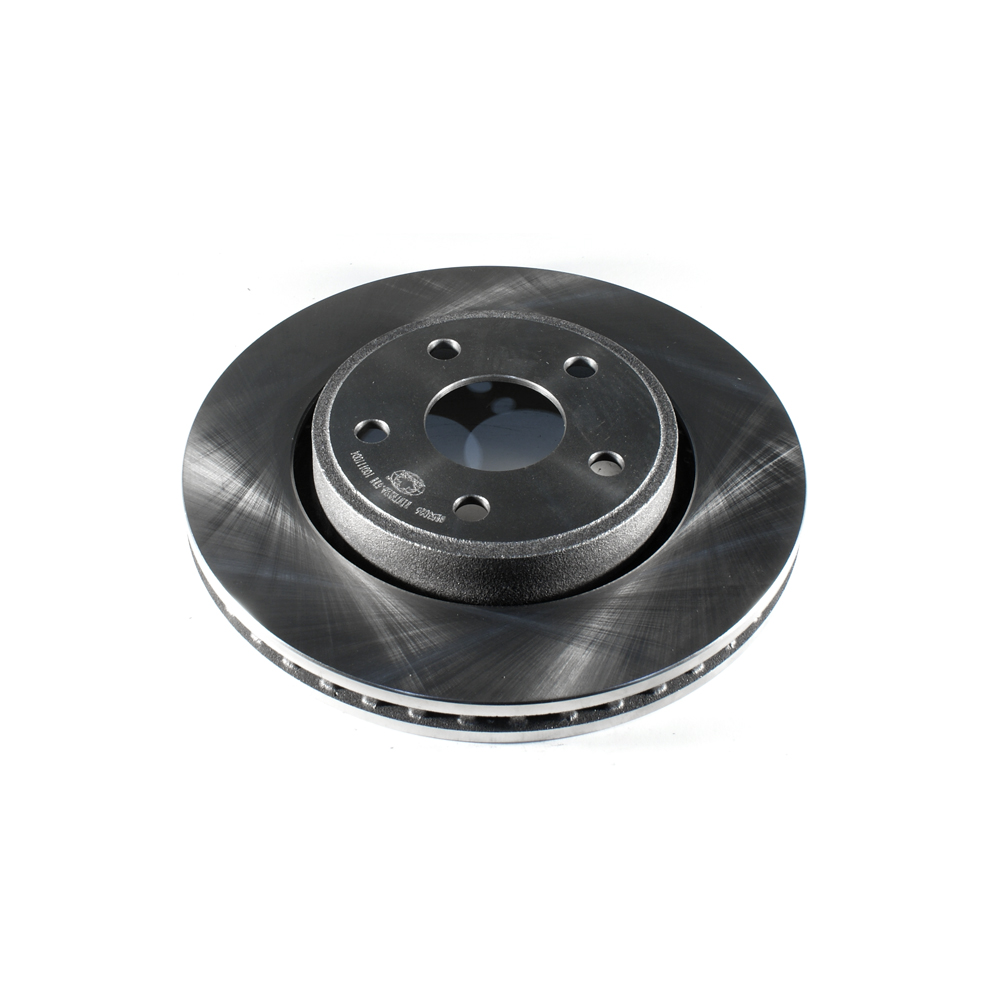
Part No: BR53026
Raybestos: 780289
OE: 52089269AB
Raybestos: 780289
OE: 52089269AB
$54.9 each
Per Car QTY: 2
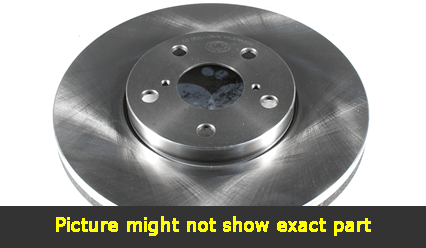
Part No: BR53027
Raybestos: 780296
OE: 52089275AB
Raybestos: 780296
OE: 52089275AB
$45.76 each
Per Car QTY: 2
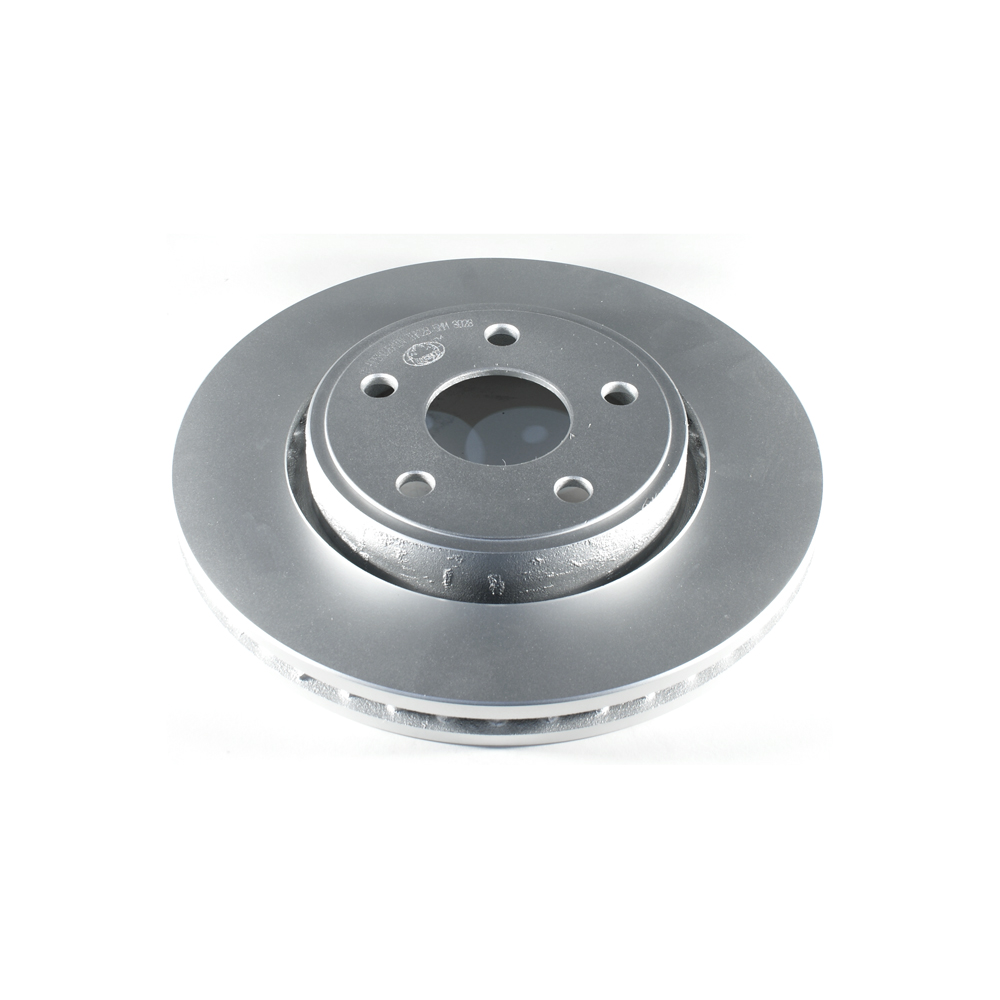
Part No: PP53026
Raybestos: 780289
OE: 52089269AB
Raybestos: 780289
OE: 52089269AB
$77.92 each
Per Car QTY: 2
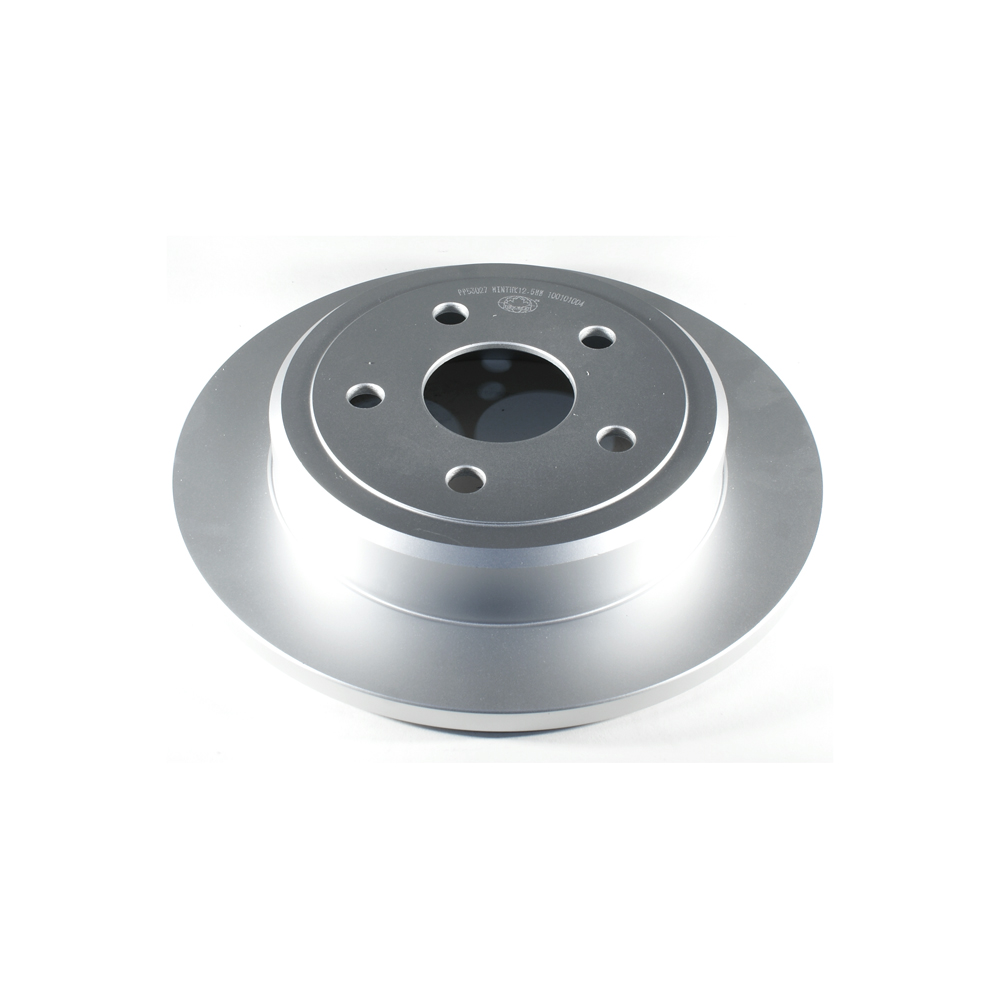
Part No: PP53027
Raybestos: 780296
OE: 52089275AB
Raybestos: 780296
OE: 52089275AB
$61.49 each
Per Car QTY: 2
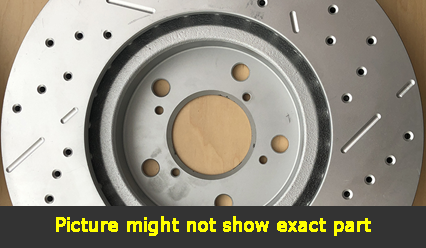
Part No: SP53026L
Raybestos: 780289
OE: 52089269AB
Raybestos: 780289
OE: 52089269AB
$114.37 each
Per Car QTY: 1
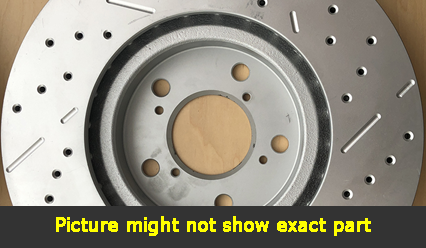
Part No: SP53026R
Raybestos: 780289
OE: 52089269AB
Raybestos: 780289
OE: 52089269AB
$114.37 each
Per Car QTY: 1
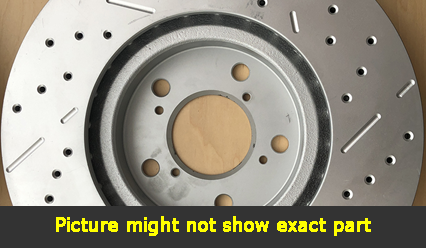
Part No: SP53027L
Raybestos: 780296
OE: 52089275AB
Raybestos: 780296
OE: 52089275AB
$93.89 each
Per Car QTY: 1
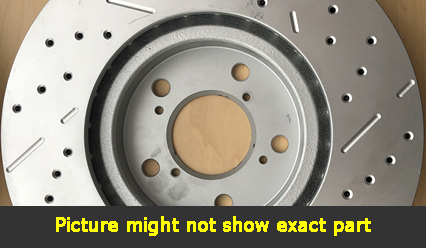
Part No: SP53027R
Raybestos: 780296
OE: 52089275AB
Raybestos: 780296
OE: 52089275AB
$93.89 each
Per Car QTY: 1
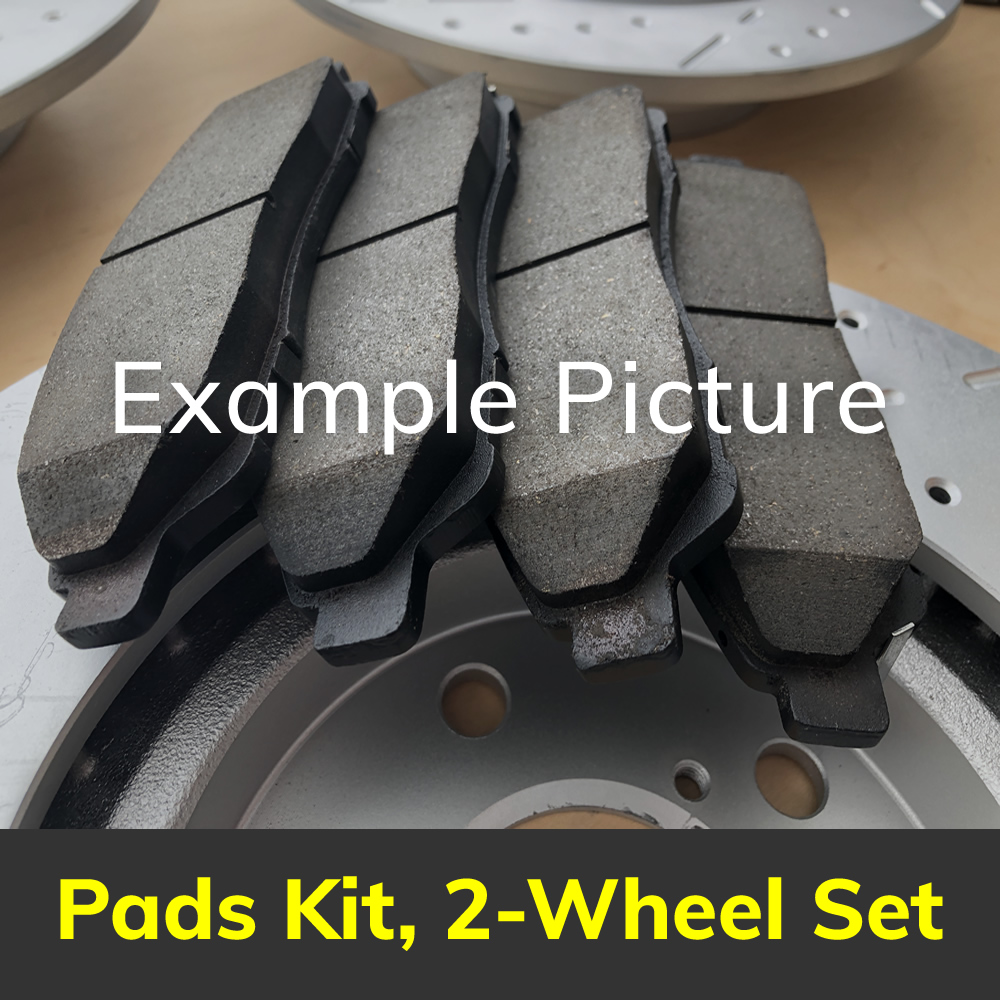
Part No: PD1080C
Raybestos: 1080
OE:
Raybestos: 1080
OE:
$46.98 each
Per Car QTY: 1
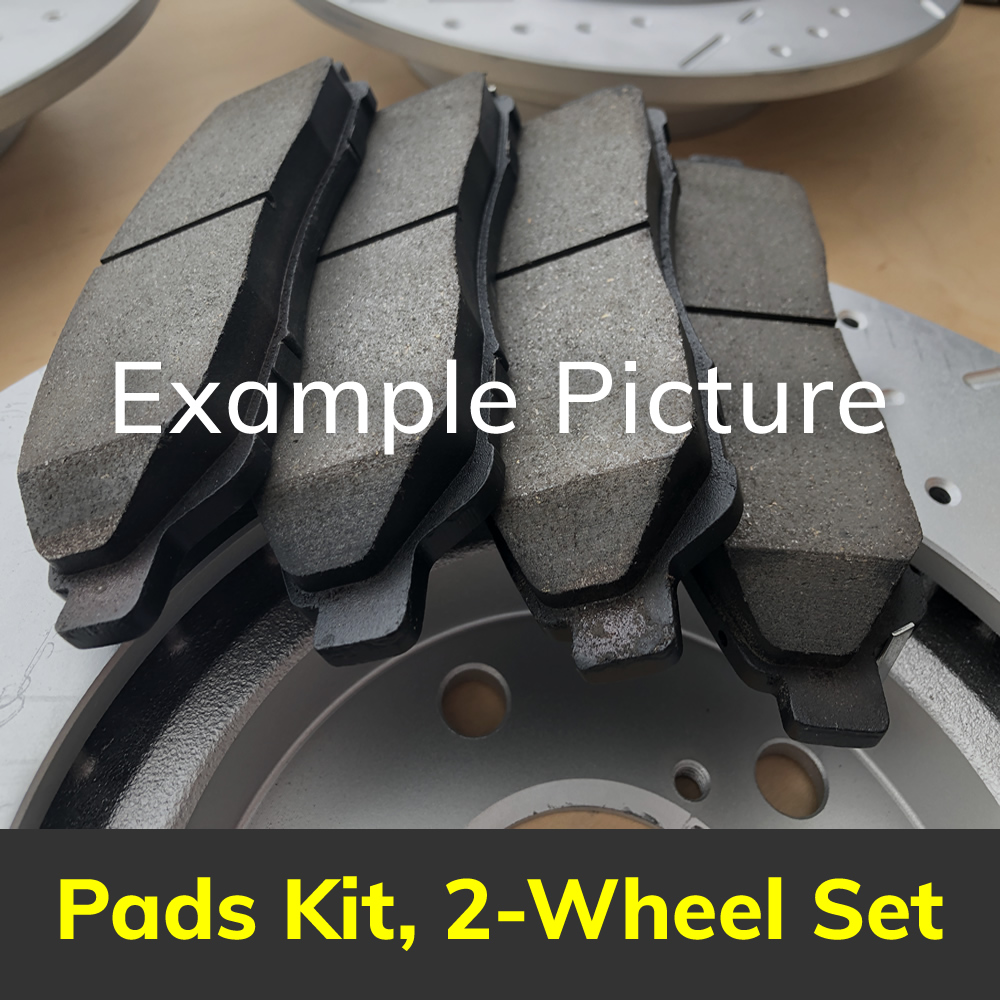
Part No: PD1087C
Raybestos: 1087
OE:
Raybestos: 1087
OE:
$28.12 each
Per Car QTY: 1
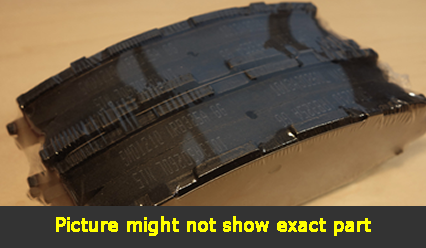
Part No: SMD1080
Raybestos:
OE:
Raybestos:
OE:
$27.07 each
Per Car QTY: 1
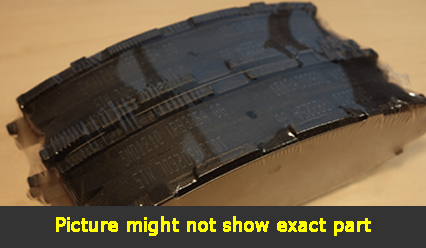
Part No: SMD1087
Raybestos:
OE:
Raybestos:
OE:
$26.41 each
Per Car QTY: 1
How to Choose Brakes for Your 2005 Jeep Grand Cherokee
Choosing the right brakes for your 2005 Jeep Grand Cherokee is crucial to ensure optimal braking performance, safety, and longevity. With various brake options available in the market, it can be overwhelming to determine which brakes are best suited for your specific needs. In this article, we will guide you through the key considerations and help you choose the brakes that best fit your requirements.
1. Understand Your Driving Habits:
The first step in selecting the right brakes for your Jeep Grand Cherokee is assessing your driving habits. Are you predominantly driving on highways or off-road? Do you often tow heavy loads or drive in hilly terrains? These factors play a significant role in determining the type of brakes you should opt for.
2. Brake Pads:
Brake pads are available in different materials, and each comes with its own pros and cons.
- Semi-metallic: These brake pads are cost-effective and offer good performance in various driving conditions. However, they tend to produce more brake dust and can be noisier compared to other options. They are suitable for normal driving scenarios.
- Ceramic: Ceramic pads provide excellent stopping power, generate less brake dust, and offer noise-free operation. They are a great option for daily commuting and provide better performance in high-temperature environments.
- Organic: Organic pads are made from materials like rubber, carbon, and Kevlar. They provide quieter operations and less rotor wear but may compromise performance under heavy load or during aggressive driving.
Consider your driving style and preferences while deciding on the appropriate brake pad material.
3. Rotors:
Brake rotors, also known as brake discs, are another crucial component to consider. They can be made of various materials and designs, each serving specific purposes.
- Solid Rotors: These are common in stock vehicles and are suitable for normal day-to-day driving.
- Vented Rotors: Vented rotors have vanes between the rotor's surfaces, improving heat dissipation and reducing the risk of brake fade. They are ideal for heavy towing or off-road driving.
- Slotted Rotors: Slotted rotors enhance brake performance by improving brake pad bite and reducing brake fade. They are advantageous in high-performance driving scenarios.
- Drilled Rotors: Drilled rotors offer better cooling and water dissipation, reducing the risk of brake fade. However, they may be prone to cracking under extreme conditions.
Select rotors based on your driving habits, whether it's regular commuting, towing, or off-roading.
4. Brand and Quality:
Choosing reputable brands known for their quality ensures reliability and performance. Research and read reviews to find brands that are highly regarded in the braking industry. Well-known brands often offer a wider range of options and have better warranty coverage.
5. Consult Professionals:
If you are unsure about what brakes to choose for your 2005 Jeep Grand Cherokee, it is always wise to consult professionals. They possess expertise and experience to guide you through the selection process. Visit a trusted mechanic or brake specialist who can provide personalized recommendations based on your specific needs.
Remember, choosing the right brakes is not just about performance but also about safety. Proper maintenance and regular inspections are crucial to ensure that your brake system remains in optimal condition.
Choosing the right brakes for your 2005 Jeep Grand Cherokee is crucial to ensure optimal braking performance, safety, and longevity. With various brake options available in the market, it can be overwhelming to determine which brakes are best suited for your specific needs. In this article, we will guide you through the key considerations and help you choose the brakes that best fit your requirements.
1. Understand Your Driving Habits:
The first step in selecting the right brakes for your Jeep Grand Cherokee is assessing your driving habits. Are you predominantly driving on highways or off-road? Do you often tow heavy loads or drive in hilly terrains? These factors play a significant role in determining the type of brakes you should opt for.
2. Brake Pads:
Brake pads are available in different materials, and each comes with its own pros and cons.
- Semi-metallic: These brake pads are cost-effective and offer good performance in various driving conditions. However, they tend to produce more brake dust and can be noisier compared to other options. They are suitable for normal driving scenarios.
- Ceramic: Ceramic pads provide excellent stopping power, generate less brake dust, and offer noise-free operation. They are a great option for daily commuting and provide better performance in high-temperature environments.
- Organic: Organic pads are made from materials like rubber, carbon, and Kevlar. They provide quieter operations and less rotor wear but may compromise performance under heavy load or during aggressive driving.
Consider your driving style and preferences while deciding on the appropriate brake pad material.
3. Rotors:
Brake rotors, also known as brake discs, are another crucial component to consider. They can be made of various materials and designs, each serving specific purposes.
- Solid Rotors: These are common in stock vehicles and are suitable for normal day-to-day driving.
- Vented Rotors: Vented rotors have vanes between the rotor's surfaces, improving heat dissipation and reducing the risk of brake fade. They are ideal for heavy towing or off-road driving.
- Slotted Rotors: Slotted rotors enhance brake performance by improving brake pad bite and reducing brake fade. They are advantageous in high-performance driving scenarios.
- Drilled Rotors: Drilled rotors offer better cooling and water dissipation, reducing the risk of brake fade. However, they may be prone to cracking under extreme conditions.
Select rotors based on your driving habits, whether it's regular commuting, towing, or off-roading.
4. Brand and Quality:
Choosing reputable brands known for their quality ensures reliability and performance. Research and read reviews to find brands that are highly regarded in the braking industry. Well-known brands often offer a wider range of options and have better warranty coverage.
5. Consult Professionals:
If you are unsure about what brakes to choose for your 2005 Jeep Grand Cherokee, it is always wise to consult professionals. They possess expertise and experience to guide you through the selection process. Visit a trusted mechanic or brake specialist who can provide personalized recommendations based on your specific needs.
Remember, choosing the right brakes is not just about performance but also about safety. Proper maintenance and regular inspections are crucial to ensure that your brake system remains in optimal condition.


